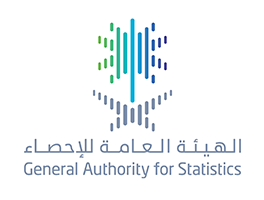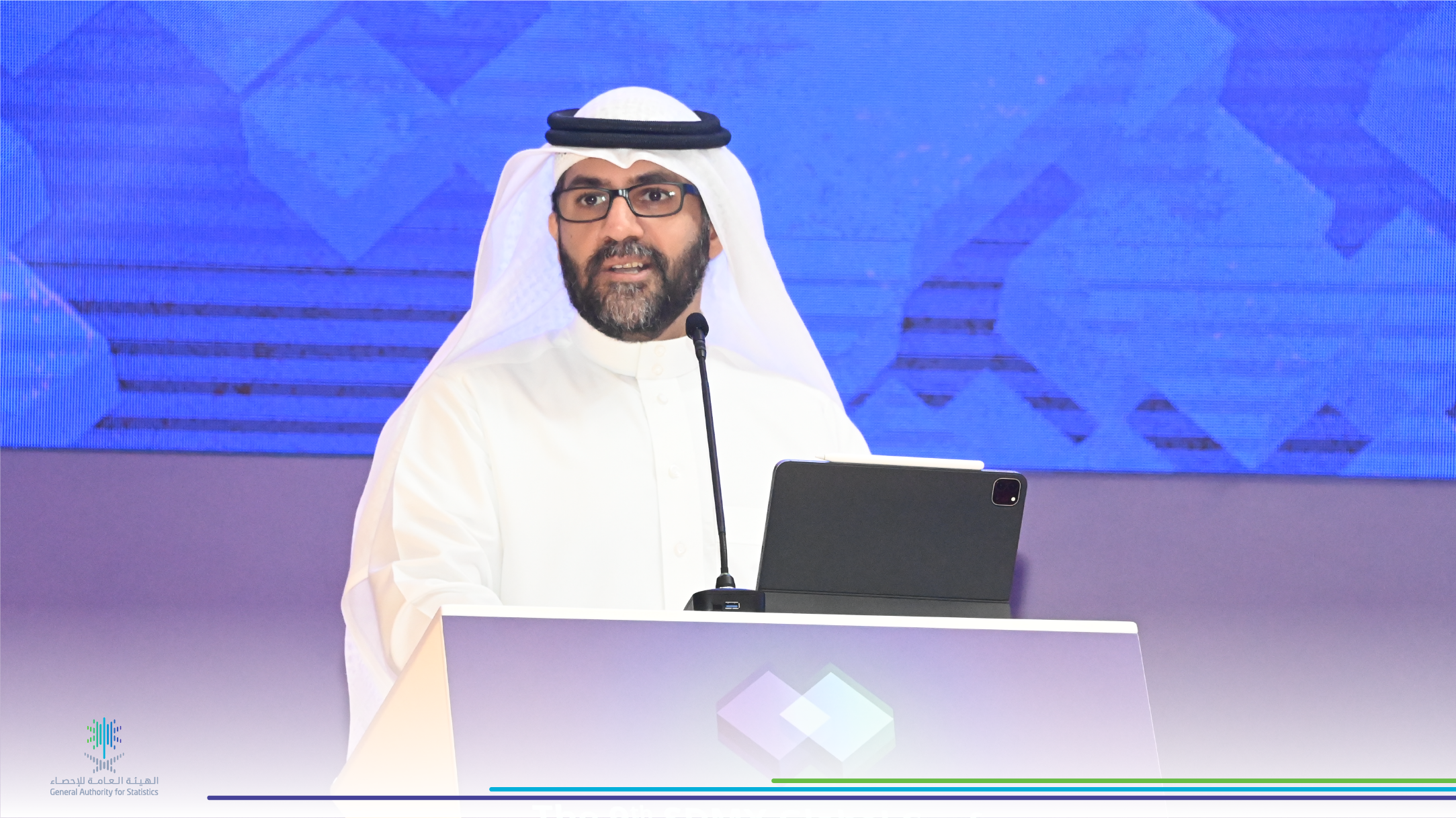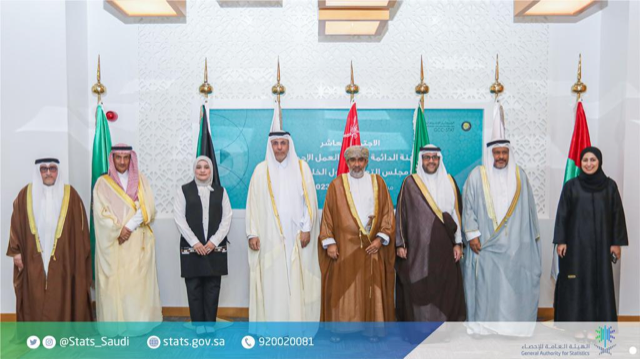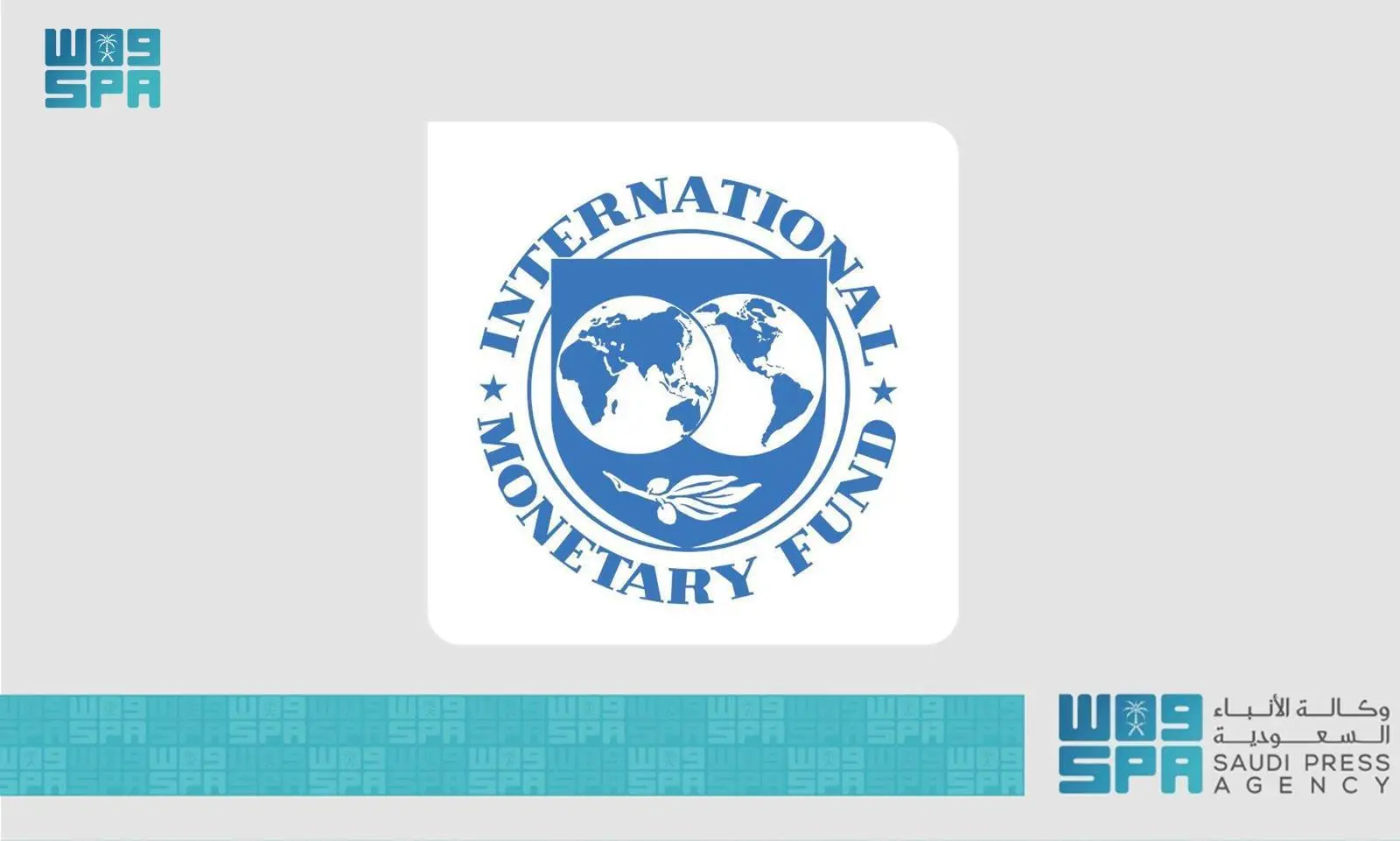
الهيئة العامة للإحصاء تُصدر عددًا من مؤشرات الحالة الصحية في المملكة
General Authority for Statistics announced, on its official website (stats.gov.sa), a number of health status indicators in the Kingdom, as it issued 3 specialized statistical publications that included many indicators related to the general health status, women’s health and reproductive care, in addition to comprehensive health care for the year 2023.
In 2023, the percentage of adults aged (15 years and above) and children aged (under 15 years old) in the Kingdom who have private health insurance to cover basic healthcare expenses recorded 37.5% and 19.5%, respectively. The percentage of adults aged (15 years and above) in the Kingdom who pay healthcare on their own was 21.8%, while the percentage of children whose parents pay their healthcare on their own was 9.7%. The percentage of adults aged (15 years and above) who undergo annual regular check-ups was 47%, according to the publication’s results.
On the other hand, the results of the publication on the health status of the population in the Kingdom in 2023 showed that the percentage of adults aged (15 years and above) who rated their health quality as good or very good was 53%, while the percentage among children and adolescents aged 4 to 14 years was 71%. The percentage of women who had a negative perception of their health status was 30%, compared to 25% among adult men (15 years and above).
Regarding women's health, the results of the publication on women's health and reproductive care in 2023 showed that the percentage of health coverage provided by private health insurance during pregnancy and childbirth for recent births in the Kingdom was 26%, while the percentage of those who pay the costs of providing healthcare during pregnancy and childbirth on their own was 13.5%. The percentage of mothers who had at least four visits to a healthcare provider before childbirth reached 88.8%.
The percentage of births attended by skilled health specialists was 99.8%, out of total births in the Kingdom during 2023, while the percentage of c-section births was 34.5%, out of total births in the Kingdom during 2023. On the other hand, the percentage of married women of reproductive age who have their need for family planning satisfied with modern method was 54%.

الهيئة العامة للإحصاء تشارك في المؤتمر الدولي التاسع لتبادل البيانات الإحصائية و الوصفية
The General Authority for Statistics participated in the 9th Global Conference on (SDMX), which is being held in the Kingdom of Bahrain under the title of “Empowering Data Communities.” His Excellency Dr. Fahad Aldossari, the President of the General Authority for Statistics, headed the Authority’s delegation participating in the conference with the aim of discussing the latest developments in the field of statistical data and metadata and benefiting from techniques and tools that contribute to enhancing cooperation, knowledge and exchange of metadata through an international initiative to exchange statistical data and metadata between international organizations and a number of statistical offices.
The President of the General Authority for Statistics gave a speech at the conference in which he expressed his sincere thanks and appreciation to the Kingdom of Bahrain for hosting this important conference and for the good organization and hospitality. He also extended his appreciation to the Bahrain Information & eGovernment Authority (IGA), statistical offices, participating international organizations and SDMX sponsors for co-hosting this event with the support of the United Nations Economic and Social Commission for West Asia (ESCWA) and Banca d’Italia.
During his speech, Dr. Fahad Aldossari said that SDMX international initiative was launched in response to the continuing level of rapid developments and the ongoing demand for large and informative data sets to empower the data community and update and unify the mechanisms within this field, whether at a national or international level. He also pointed out that SDMX frameworks and standards are intended to help national statistical offices organize and exchange data and metadata. Additionally, our office uses SDMX to upload KSA’s data on platforms run by the International Monetary Fund and ESCWA. The areas covered include statistics of GDP, labor market, price, export, import, and relevant indicators of sustainable development goals through advancements in the application and use of SDMX rules at the international level, to facilitate the exchange of statistical data with regional and international organizations.
He confirmed that over the recent years the volume of statistical work has expanded, and the Kingdom of Saudi Arabia's statistics sector has seen substantial transformations through statistical initiatives and projects led by the General Authority for Statistics, in order to produce statistical data and indicators and to use the most sophisticated infrastructures for integrating various data sources and best in class infrastructures for data management and governance. In addition to the newly constructed data lake, it makes use of cloud computing techniques, and this technology is continuously being improved as part of the digital transformation initiative that supported development plans, programs, and policies including Vision 2030. In addition to the actively and successfully participates in international workshops and conferences to prepare and enable the national staff to transfer knowledge to the team leading the statistical transformation process in the Kingdom.
On the other hand, the 9th Global Conference on (SDMX) will be held over five days, from 29 October 2023 to 2 November 2023, and includes several key sessions on the importance of using new technologies for the (SDMX ) and utilizing artificial intelligence techniques as an enabling tool to facilitate access to official statistics. A number of workshops are also held with the aim of strengthening international relations and cooperation between major international organizations and benefiting from the technical expertise shared to develop statistical work among statistical offices.
It is noteworthy that the 9th Global Conference on (SDMX) is organized by the Bahrain Information & eGovernment Authority (IGA) and is a major international event in the statistical sector and indicators. It is organized every two years through the international initiative (SDMX), which was launched in 2002 and is managed by a group of international organizations with the aim of unifying and modernizing mechanisms and processes for exchanging statistical data and metadata between international organizations and a number of statistical offices.

اللجنة الدائمة لشؤون العمل الإحصائي بدول مجلس التعاون لدول الخليج العربية تعقد اجتماعها العاشر في مسقط
The General Authority for Statistics participated in the 10th meeting of the Permanent Committee for Statistical Work, held in Muscat, Sultanate of Oman, with the attendance of heads of statistical centers in the countries of the Gulf Cooperation Council. The committee aims to enhance joint Gulf statistical work, providing statistical data to support development plans and exchanging experiences among member states.
During their meeting, the committee members discussed the continued implementation of the recommendations from the previous meeting held in Jeddah, Saudi Arabia, and reviewed the orientations regarding the Gulf Statistical Work Development Initiative, which aims to enhance cooperation with the Gulf Standardization Organization. They also studied statistical indicators to measure the implementation of decisions by the Supreme Council on the ground. Additionally, they discussed a decision by the Financial and Economic Cooperation Committee to entrust member states with building databases for the common Gulf market. They also discussed global developments and common challenges facing statistical work in the Gulf countries.
Dr. Fahad bin Abdullah Al-Dosari, The President of the General Authority for Statistics and a member of the Permanent Committee for Gulf Statistical Work, presented the experience of Saudi Census 2022 and the phases it went through. He highlighted the integration of administrative data with field data, which contributed to improving the quality of outputs, and the activation of geographic maps. He also mentioned the steps taken by the authority to enhance innovation in statistical work, expand accurate data, and provide open-source data for beneficiaries.

صندوق النقد الدولي: الوضع الاقتصادي والمالي السعودي قوي بسبب الإصلاحات المستمرة في إطار رؤية السعودية ٢٠٣٠
The International Monetary Fund (IMF) issued a positive report on the Kingdom of Saudi Arabia after the conclusion of their 2023 Article 4 Consultation discussions with the Kingdom. The IMF report affirmed that the Saudi economy is in a state of prosperity and growth, and that the Kingdom's fiscal position is strong. The IMF also praised the progress Saudi Arabia has made in implementing its Saudi Vision 2030 reform agenda.
Additionally, the IMF lauded the acceleration of the Kingdom's digital transformation, the increase in female participation in the labor market, reforms in the regulatory and the business environment, ongoing efforts to invest in human capital, and the continuous growth of non-oil GDP.
The report commended the Kingdom's continuing efforts to complete economic and financial reforms and achieve Saudi Vision 2030 targets, noting that the Kingdom was the fastest-growing G20 economies in 2022 with a rate of 8.7%, and with non-oil GDP growing at about 4.8%, while unemployment rates among Saudis declined to their lowest historical level at 8%. The participation of Saudi women in the labor market has reached record levels at about 37% (from 18% in 2017), exceeding the target of 30% envisioned by Saudi Vision 2030. The report also welcomed the ongoing national efforts to enhance women's contribution to supporting the national economy.
In addition, the report praised the Kingdom's efforts to contain inflation that has cast a shadow over the global economy, explaining that it was contained through domestic subsidies/price cap on certain products, as well as the strength of the U.S dollar, which led to the consumer price index (CPI) reaching just 2.5% in 2022. The report noted that although the average index increased in early 2023 to 3.4%, it decreased again to 2.8% by May 2023.
The IMF report emphasized that the continuation of Saudi Vision 2030 reforms represents progress in advancing the country's economic diversification programs to reduce its dependence on oil. It projected a continuation of the strong momentum of non-oil GDP growth, and that average growth will reach 4.9% in 2023, driven by strong consumption spending, increase private investment through projects and programs that enhance the growth of the private sector in addition to the accelerated projects implementation, which will reflect positively on the growth of non-oil GDP, the IMF said.
The report also welcomed the ongoing reform efforts within the framework of the Fiscal Sustainability Program, including improving non-oil revenues, rationalizing spending, and strengthening the public finance framework. It also noted the low and sustainable debt levels and the availability of a strong fiscal space, while praising the remarkable progress in public finance transparency through the expanded budget statement and other detailed reports.
The IMF stressed that the Kingdom's monetary policy (fixed exchange rate) is appropriate and serves the Kingdom's economy, and that the performance of the banking sector remains strong during the current year, thanks to the continuous efforts of the Saudi Central Bank (SAMA) to modernize the regulatory and supervisory frameworks. This contributed to the achievement of high profitability rates (higher than pre-pandemic levels), in addition to high capital adequacy ratios and low non-performing (NPL) loan ratios. The report also welcomed the efforts of the Saudi Central Bank to promote the Kingdom as a fintech hub.
The report praised the continuing efforts by the Kingdom's government to enhance governance, fight corruption, and confront the challenges of climate change. It also praised the plans being implemented to increase renewable energy, the Kingdom's goal to become the largest producer of clean hydrogen in the world, and the tangible role of the Saudi Green Initiative (SGI) in reducing carbon emissions, expecting that these efforts will contribute to reducing emissions to the target level for the year 2030, and indicating that the Kingdom recorded the second-lowest emissions globally per unit produced.
The report noted the positive transformation in the Saudi housing sector through a number of programs that contributed to an increase in the percentage of home ownership to 60.6% in 2022, in pursuit of the Vision 2030 goal of 70% by 2030. It also noted the importance of industrial policies in the success of the Kingdom's efforts toward structural transformation and diversification under Saudi Vision 2030.
With regard to the Kingdom's digital transformation, the report indicated that the Kingdom ranks high in a number of global digitization rankings for example digital infrastructure and the maturity of digital government transformation. Also, the strong digital development in Saudi Arabia has improved financial inclusion, the resilience of the financial sector, and enhanced government effectiveness, pointing out that Saudi Vision 2030 played a pivotal role in accelerating the pace of digital transformation.
